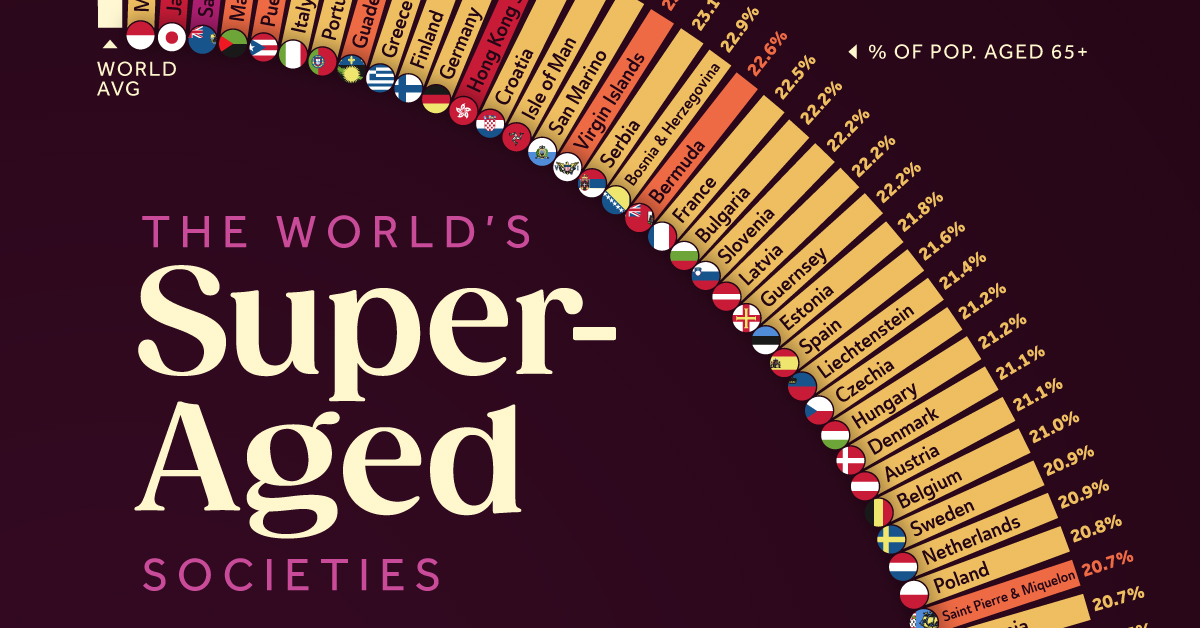daftandbarmy
Army.ca Fossil
- Reaction score
- 44,270
- Points
- 1,160
Maybe the thousands of regulations are also playing a part. Several of the folks I've become acquainted with during my CO tenure have lamented that the feds are governing by regulation, and dragging down their ability to function as a business.
Oh hell yeah...
But Canadians love/hate businesses, so they don't really care that much until it hits them in the wallet....
Small businesses pay five times more per employee than larger businesses
Regulation costs small businesses $38.8 billion annually, roughly 30 per cent ($10.8 billion) of which can be considered unnecessary, redundant, or overly burdensome regulation or red tape, according to the Canadian Federation of Independent Business (CFIB)’s Canada’s Red Tape Report. The report, released in partnership with Intuit Canada, launches CFIB’s 12th annual Red Tape Awareness Week™. Businesses with fewer than five employees spend $7,023 per employee to comply with government regulation, while businesses with 100 or more spend $1,237 per employee.Regulatory costs due to the COVID-19 pandemic are not included in the estimate. However, 83 per cent of Canadian small businesses agreed COVID-19 substantially increased compliance costs.

Regulation costs Canadian businesses $39 billion annually, $11 billion of which is unnecessary red tape | CFIB
Toronto, January 25, 2021 – Regulation costs small businesses $38.8 billion annually, roughly 30 per cent ($10.8 billion) of which can be considered unnecessary, redundant,


















